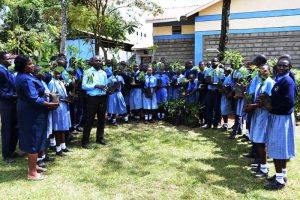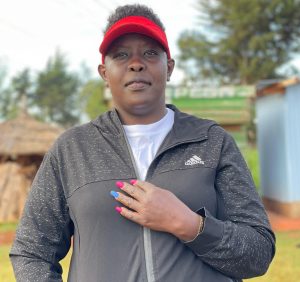Natembeya Unveils Transformative Healthcare and Environmental Agenda in State of the County Address

In his second State of the County address at the County Assembly today afternoon, Governor George Natembeya outlined a comprehensive plan to address critical issues in health, agriculture, water access, waste management, climate change, and socio-economic development in Trans Nzoia County.
“50% of our population is below the poverty line,” said Natembeya. “We introduced the NateCare Program, a revolutionary effort providing health insurance to over 2500 indigents and their dependents for a year. Special attention is given to persons with disabilities, who now receive free medical care, benefiting over 400 individuals.”
Recognizing the county’s dependence on maize farming, the governor introduced the BagMaize for Health Insurance Program. “This program benefits 550 households in exchange for health insurance coverage. We plan to leverage free seed distribution programs to enhance coverage and move towards achieving Universal Health Care,” Natembeya explained.
The governor also addressed the deteriorating state of Kitale County Referral Hospital. “We are initiating the migration of services to the Wamalwa Kijana Teaching and Referral Hospital. The transformation aims to create a world-class mental health facility, ensuring dignity and quality care for patients,” he said.
To enhance healthcare governance, a task force was set up to review the health care system’s status. “We introduced the Information Health Management System to improve resource and personnel management through technology integration,” Natembeya added.
On water management and waste solutions, the governor emphasized the importance of clean and safe water access. “We plan to drill two boreholes in every ward. Solid waste management receives attention, with partnerships encouraged for recycling initiatives. A local entrepreneur’s project utilizing bagasse for sanitary towels is commended and supported,” he said.
The county recognizes the impact of climate change on agricultural practices and livelihoods. “We enacted the Climate Change Act and participated in the FLLOCA Program to build community resilience. We made a commitment to plant 55 million trees over the next five years, with partnerships established to finance conservation activities,” Natembeya added.






